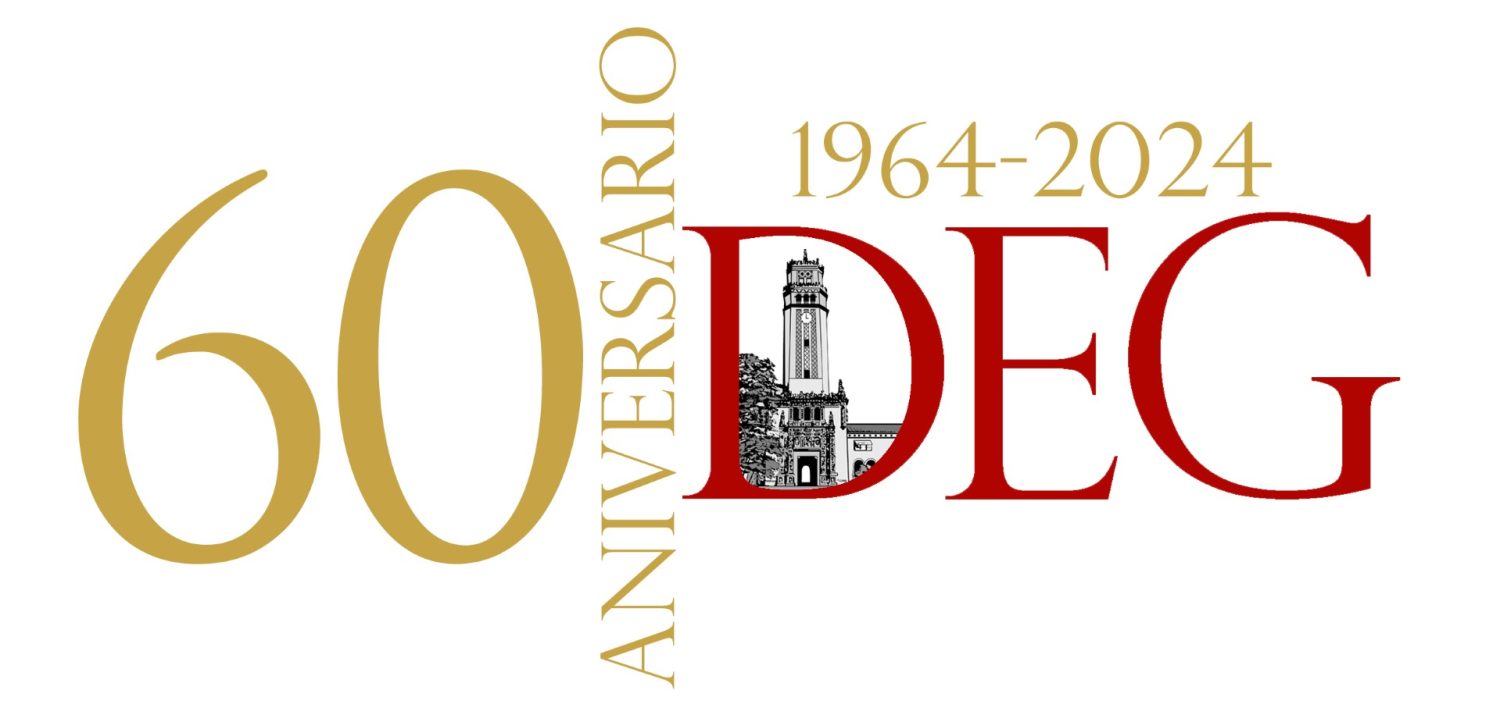Access to information resources, both in print and electronic formats, is provided by the UPR Library System through its 19 libraries and collections in the Río Piedras Campus. It provides services and facilities for the university community including the Library Services for Disabled Persons and the Interlibrary Loan Office. Remote or offsite services are provided through its web site at http://biblioteca.uprrp.edu 24 hours a day, seven days a week. This includes remote access to the online catalog, to more than 70 online databases in diverse disciplines, eBooks, online periodicals, dictionaries, encyclopedias and other reference and virtual reference works, tutorials on the use of digital resources, and a virtual reference desk. Among the databases for which candidates and faculty have remote access are: Career and Technical Education, Education Full Text, Education Index Retrospective: 1929-1983 (H.W. Wilson), Educational Resources Information Center (ERIC), Professional Development Collection, ProQuest Education Journals, Psychology and Behavioral Sciences Collection, SAGE JOURNALS, Academic OneFile, Academic Search Complete, Children’s Core Collection, Contemporary Literary Criticism, CENET: Multilingual dictionaries, Dissertations and Theses, EBSCO, Historical Abstract, History Resources Center, Humanities Full Text, JSTOR, MATHSCINET, Oxford Music Online, Periodicals Archive Online (PAO), PROJECT MUSE, PROQUEST, SCIENCE Direct, Wilson Web Education, among others.
The EMH-CE houses its own library, the Gerardo Sellés Solá Library (GSSL) which occupies 6872.25 sq. ft. at the EMH-CE, and opens 68.5 hours per week. Its “Policy for the Development of the Collection Gerardo Sellés Solá Library” is guided by the College of Education’s Conceptual Framework and its academic offerings and by the UPR Library System’s official collection development document. The resources are organized in the following areas: circulation, reference, reserve, periodicals, theses, audio, slides, vertical files, computer equipment and technological resources. There are 211 educational journal subscriptions, 1,523 journals in full text, and other subscription databases that can be used from anywhere on Campus and off site. It also has a collection of children’s books, one of curriculum materials and a collection of school texts dating from the early twentieth century. The total number of volumes (in all formats) in the library is 40,128. Faculty and candidates as well as teachers of the Department of Education and private schools, access the resources of the GSSL including books, journals, curricular materials, and electronic information resources, among others. In general, resources at the Sellés Solá Library are adequate and renewed yearly. The expenses for the last three years are shown in tableExpenditures for the Gerardo Sellés Solá Library.
In addition, the Faculty donates materials to the Library from their educational or research trips. The DGS collaborates in a project with the Gerardo Sellés Solá Library, for the development of research skills in the use of library databases among graduate candidates. All incoming candidates are asked to attend the library seminars for this project. Based on the information literacy standards of the Association of College and Research Libraries, the project provides the all new graduate students the opportunity to attend the nine hours Library Seminar.
Technology workshops offered for professors and candidates, are at the Laboratory Center for Faculty and Researchers (LabCad), located in the main Library on Campus. LabCAD provides services for teaching and research through workshops (Didactic Fridays) to facilitate the integration of technology in the teaching and learning processes. Among the topics of workshops are:
· Blackboard 6
· Microsoft Word
· Microsoft Excel
· Microsoft PowerPoint
· Electronic communications
The Unit’s buildings provide wireless connection to Internet facilitating the modeling of integration of technology in the classroom, as evidenced in the course syllabi of most courses offered. The EMH building has a closed-circuit television system and it is wired with Internet access to all faculty offices, classrooms, amphitheatres, plus Internet II access to the third and fourth floors. The Guidance and Counseling Lab has been recently remodeled and furnished with the necessary technological equipment for its services; this lab is used by candidates and professors from the Guidance and Counseling Programs. The majority of the professors have a computer or laptop provided by the DGS, the Deanship of Graduate Studies and Research, or obtained through research or service grants.
The UPR provides each candidate and faculty member with an e-mail address to use for university related undertakings (registration, online access to library, Blackboard courses, etc.). The existence of several courses in Blackboard is evidence of the use of this technology.
